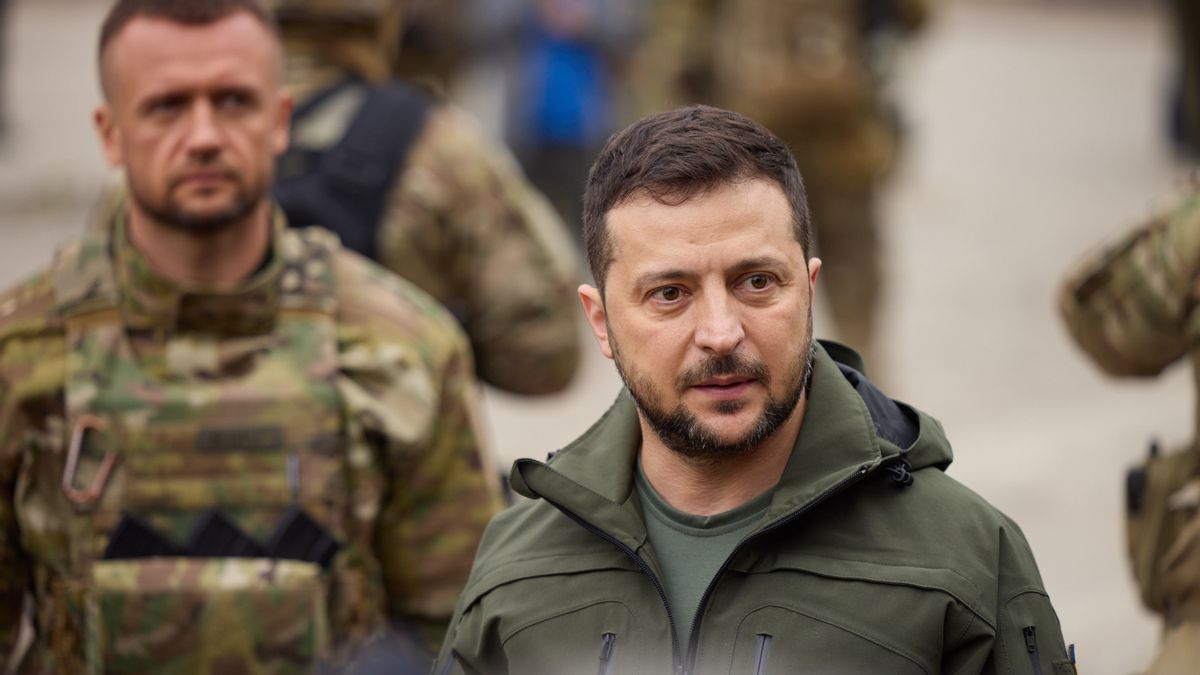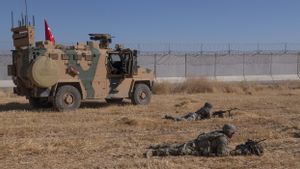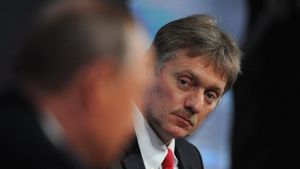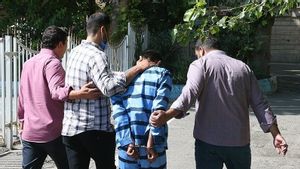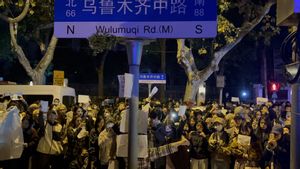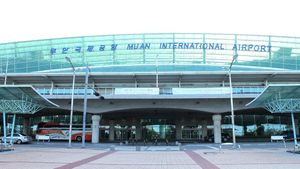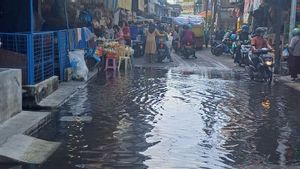JAKARTA - President Volodymyr Zelenskiy warned Ukrainians to anticipate a cold week and brutal darkness ahead, predicting more Russian attacks on infrastructure that would not stop until Moscow ran out of missiles.
Russia has been carrying out massive missile bombardments of Ukraine's energy infrastructure since early October, with each barrage having a greater impact than the last, due to the accumulated damage and bitterly cold winter.
In a video address overnight, Zelensky said he expected this week's new attacks to be as bad as last week, the worst of which left millions without heating, water or electricity.
"We understand that the terrorists are planning new attacks. We know this fact," President Zelensky said, launching Reuters November 29.
"And as long as they have missiles, unfortunately, they won't stop."
Kyiv said the attacks, which Russia admits targeted Ukrainian infrastructure, were intended to harm civilians, making them war crimes.
While Moscow denies its intent to harm civilians, it last week said their suffering would not end unless Ukraine gave in to Russian demands, without elaborating.
In Kyiv, snow fell and temperatures reached freezing as millions of people in and around the Ukrainian capital struggled to cope with power supply and central heating disruptions caused by a wave of Russian airstrikes.
National grid operator Ukrenergo said on Monday it was forced to resume regular emergency outages in areas across the country, after setbacks in its efforts to improve energy infrastructure.
Power units at some power plants had to carry out emergency shutdowns and demand for electricity had increased due to the snowy winter weather, Ukrenergo said in a statement.
"Once the cause of the emergency outage is eliminated, the unit will resume operation, which will reduce the deficit in the power system and reduce the number of restrictions for consumers," the statement explained.
Meanwhile along the front lines in eastern Ukraine, the looming winter ushered in a new phase of the conflict, after months of Russian retreat, with intense trench warfare along heavily fortified positions.
With Russian troops retreating in the northeast and retreating across the Dnipro River to the south, the land front is only about half as long as it was a few months ago, making it difficult for Ukrainian forces to pinpoint stretches of weak defenses.
President Zelensky described heavy fighting west of the Russian-held city of Donetsk in the east, where Moscow has focused its attack while withdrawing troops elsewhere, and both sides claiming heavy casualties with little change of position.
VOIR éGALEMENT:
In its late update on Monday, the General Staff of the Ukrainian Armed Forces said Russia continued to carry out heavy shelling of the main targets Bakhmut and Avdiivka in Donetsk Province, and to the north bombarded areas around the cities of Kupiansk and Lyman, both recently recaptured by Kyiv.
On the southern front, he said, Russian troops had strengthened positions in the occupied territories and attacked cities on the west bank of the Dnipro River, including Kherson, which Moscow abandoned earlier this month.
It said Ukrainian troops had damaged a railway bridge north of the Russian-occupied southern city of Melitopol, which had been key to supplying Russian troops stationed there.
The English, Chinese, Japanese, Arabic, and French versions are automatically generated by the AI. So there may still be inaccuracies in translating, please always see Indonesian as our main language. (system supported by DigitalSiber.id)
